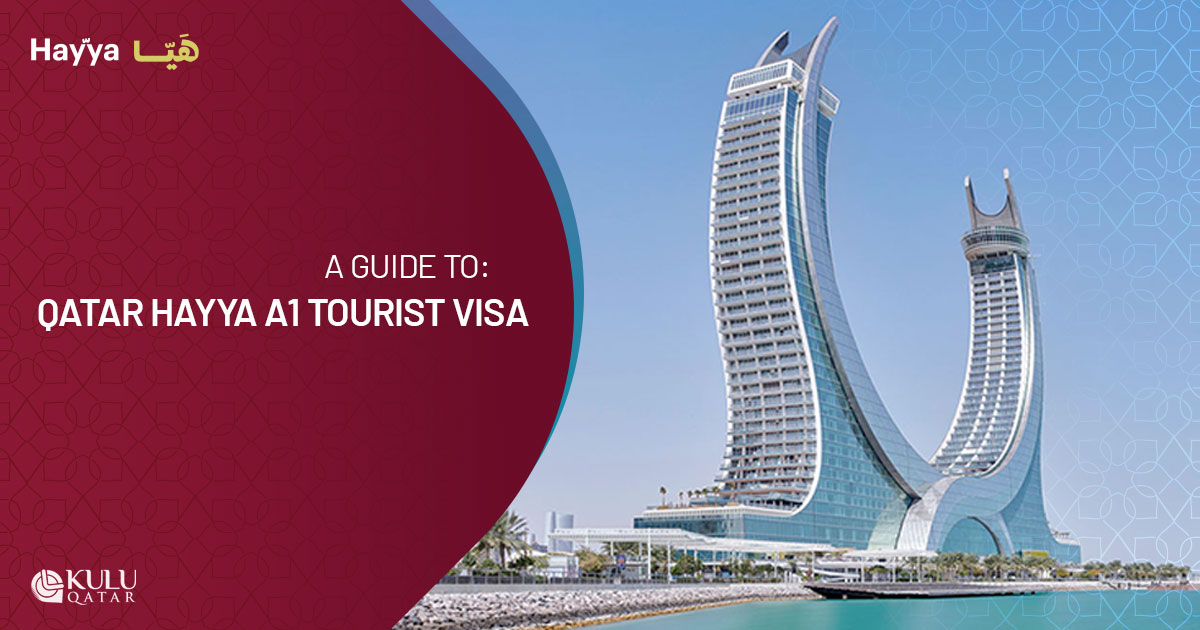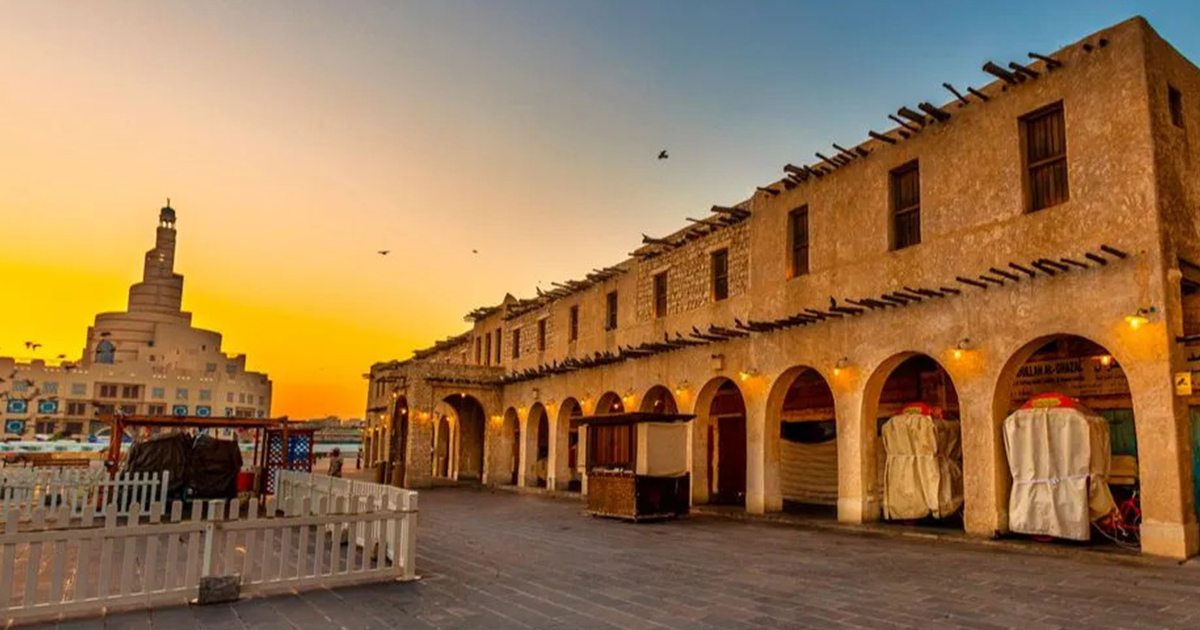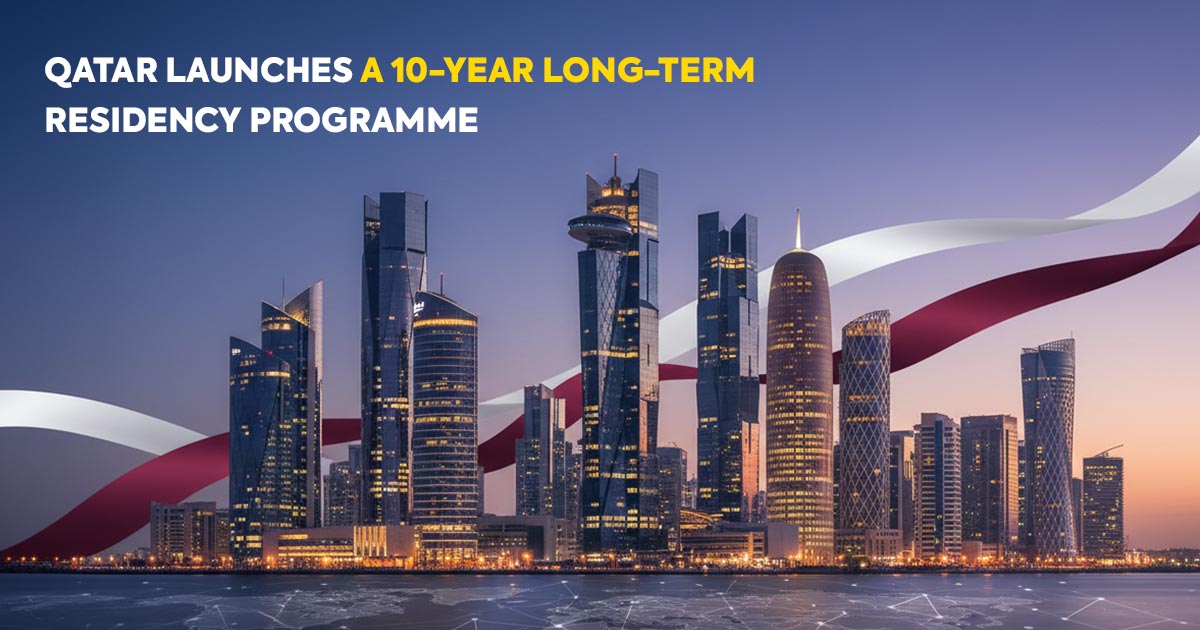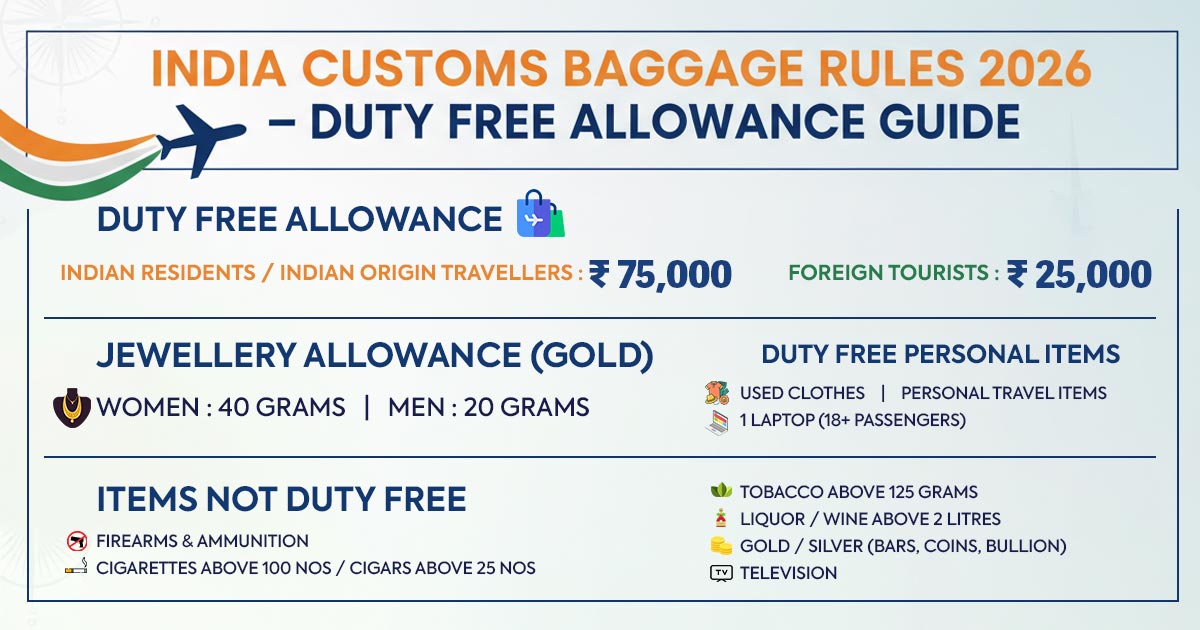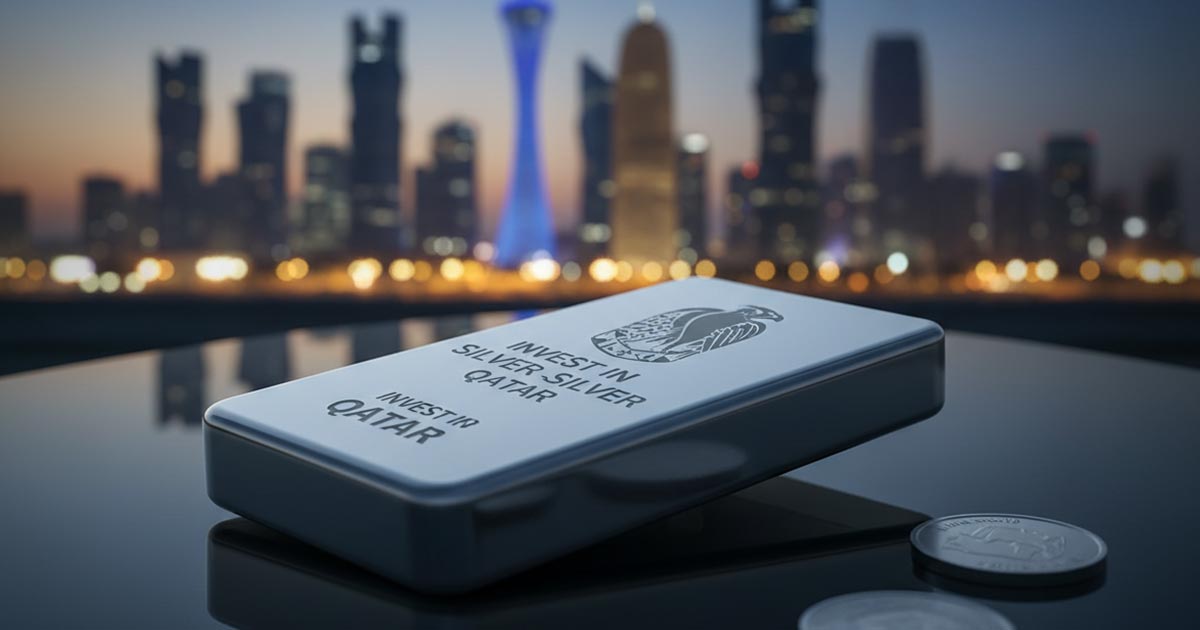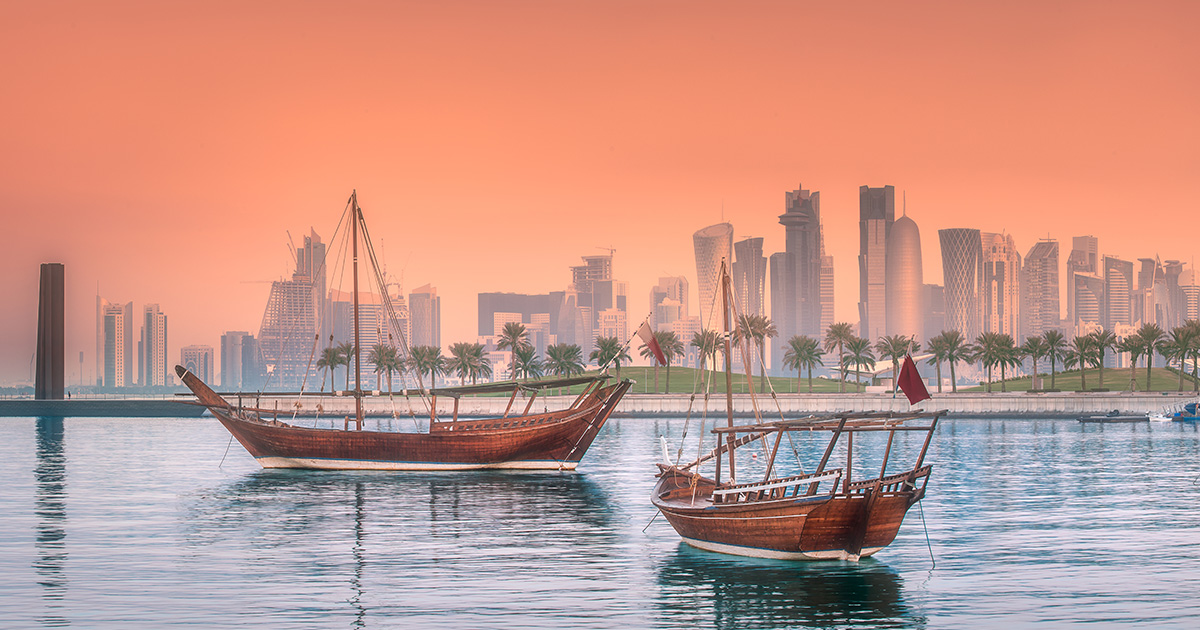
Qatar: A Land of Rich History and Remarkable Transformation
General | Last updated : 15-07-2024
Qatar is a country that is small in geography but is becoming a major power and center of attention of the world. An independent sovereign state in West Asia, world's third largest oil and gas producer.
Leading the world in terms of wealth and per capita income. As the most advanced Arab country in terms of human progress, Qatar is one of the major powers in the Arab world. Also enjoys great influence among the nations of the world. Qatar is an Islamic country that follows Sharia law and customs ruled by His Highness Sheikh Tamim bin Hamad Al Thani, youngest and one of the most powerful ruler in the world.
Situated on the northeastern coast of the Arabian Gulf, Qatar is about 200 km long and 100 km wide. The land area is 11,581 sq km. There are also several small islands. The country's only land border is southern Saudi Arabia. The maritime border is shared with Bahrain, the UAE and Iran.
Qatar has a mild climate with mild summers and mild winters. The highest point in the country is the Qurayn Abu al Bawl with an altitude of 338 feet above sea level. It is located at the south of the peninsula in Dukhan which is also the main oil deposit in the country. Dukhan is home to the North Field, which is one of the world's largest oil fields which covers an area of 6,000 square kilometers, about half of the country's land area.
The terrestrial forests are home to small mammals and a variety of reptiles. Migratory birds also flock to the coast of Qatar during the winter and spring. Plans are afoot to plant more trees and plants across the country to protect the environment.
Qatar pays a lot of attention to passing on its cultural heritage to the next generation. The Qatar Museum has gained worldwide attention for preserving the country's cultural, heritage and historical relics. Qatar ha salso shown strong commitment to UNESCO with active participation in UNESCO’s events and activities.
Doha is the capital city of the State of Qatar. About 82 percent of the population in Qatar are made up of expatriates. Islam is the official religion. Arabic is the official language and the currency is the Qatari Riyal. The color of the national flag is maroon and white. The flag has a broad vertical white stripe in maroon. Maroon and white are separated by 9-point stripes. The national emblem features the founder’s sword, palm trees, sea and the traditional boat in the maroon colour.
Qatar celebrates its National Day on the 18th of December each year to commemorate the country's unification in 1878. National Sports Day is celebrated on the second Tuesday in February every year. The national bird is the falcon. The national animal is the Arabian Oryx. Qataf is the national flower. The national tree is the Sidra, which is considered a symbol of heritage.
The national anthem of Qatar is As-Salam al-Amiri, which means ‘Peace to the Amir'. It was adopted on December 7, 1996, when His Highness Sheikh Hamad Bin Khalifa Al-Thani became the ruler of Qatar. The National Anthem of Qatar was written by Sheikh Mubarak bin Saïf al-Thani and composed by Abdul Aziz Nasser Obaidan.
History of Governance
On 3 November 1916, Qatar entered into treaty relations with the United Kingdom. According to the Treaty, except foreign affairs and defense, Qatar was allowed internal self-government. Qatar got its complete independence from the United Kingdom on September 3, 1971. In April 1972, the Shura Council was formed. In June 2005, a new Constitution of Qatar was approved by a referendum and came into force. The first municipal council was formed in the early 1950s. The election of council members began in 1999 through general elections.
His Highness Sheikh Mohammed Bin Thani became the first Ruler of Qatar in 1851. On 18 December 1878, His Highness Sheikh Jassim Bin Mohammed Bin Thani assumed the rule of the country. He is known as the founder of the State of Qatar, who unified the Qatari Tribes. Every year Qatar celebrates its national day on December 18 in commemoration of Qatar's unification by the founder, HH Sheikh Jassim bin Mohammed bin Thani.
On February 22, 1972 His Highness Sheikh Khalifa Bin Hamad Al Thani became the Amir of Independent Qatar. He was the ruler of Qatar until June 27, 1995 and died on October 23, 2016. From 1995 to 2013, the country was ruled by His Highness Sheikh Hamad bin Khalifa Al Thani, the father of the current Emir Highness Sheikh Tamim bin Hamad Al Thani. As a visionary leader, Sheikh Hamad is known as the architect of modern Qatar. With tremendous reforms and economic policies, he successfully led his country to be one of the most prosperous countries in the world today. On 25 June 2013, His Highness Sheikh Hamad handed over the reins of leadership to his Heir Apparent HH Sheikh Tamim Bin Hamad.
Visionary Transformation of Qatar
Transformation of Qatar from a time of fishing and pearling to one of the world’s fastest growing modern country in the last 40 years is an unparalleled story of success. Today Qatar is the richest country in the world in terms of per capita GDP. It has the third largest oil reserve in the world. Today Qatar surprises the rest of the world with its impressive architecture, inspiring art and culture. Qatar successfully hosted the 2022 FIFA World Cup. The tournament was widely praised for great success, especially safety and security. Qatar also hosted major international sports tournaments, such as Qatar MotoGP in 2004, Asian Games in 2006, AFC Asian Cup in 2011, IHF Handball World Championships in 2015, World Athletics Championships in 2019, FIFA Club World Cup in 2019 & 2020 and Asian Shooting Championships in 2019.
The social and economic changes in recent years made Qatar a top destination for foreign direct investments. Also Qatar Investment Authority (QIA), the state's sovereign wealth fund contributes significantly to achieving economic stability through diversity. Today Qatar achieved self-sufficiency across the food and agricultural sector and intensifies efforts to diversify the economy and foster self-sufficiency.
Follow us on our social media channels:
Instagram @kuluqatar Facebook @kuluqatar Twitter @kuluqatar
